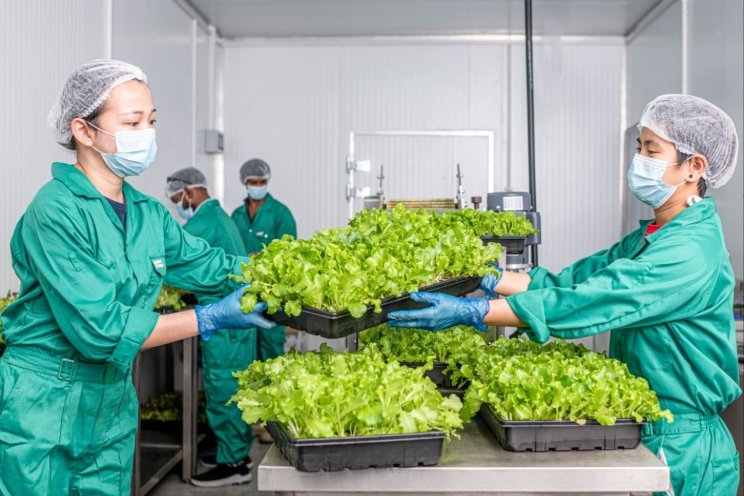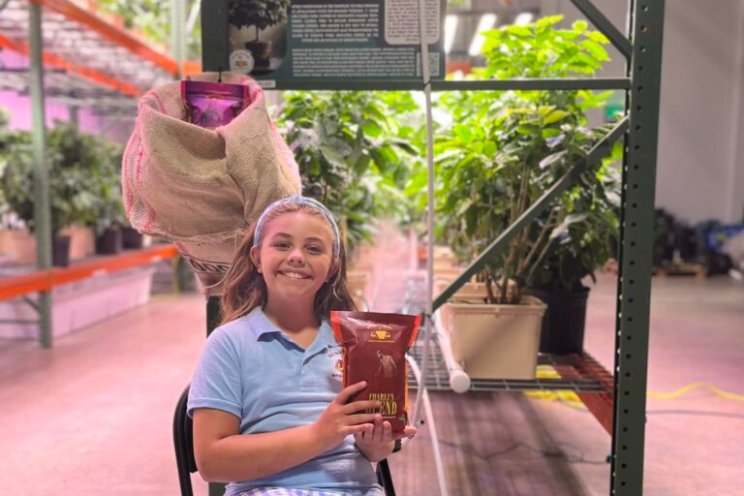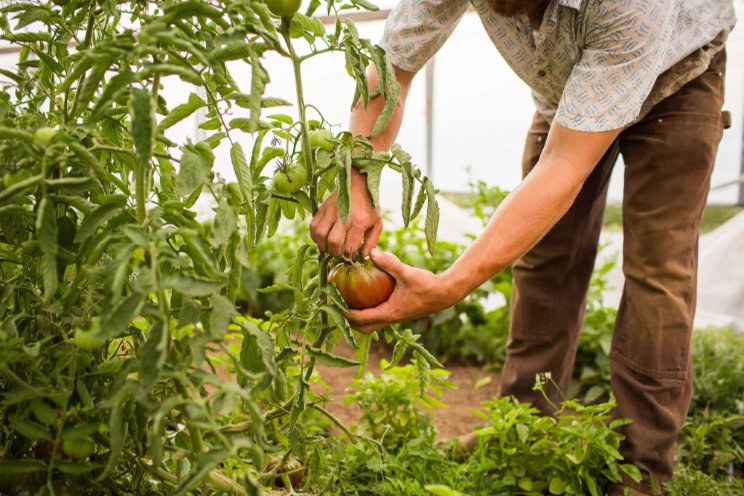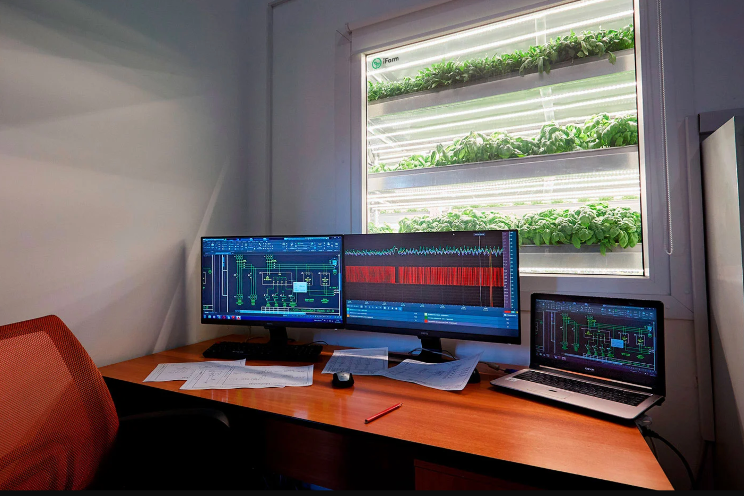The importance of field trials for the horticulture industry
Added on 11 November 2021

Here is some of the good and the bad, as I watch from a distance.
The bad: A virus of such epic proportions that nobody, even those who saw it coming, believed would be so versatile, so transitory, and so deadly. Lost lives, empty stores, and lost futures will be felt for decades.
Specifically, regional, state, and national shows where we would chat, shake hands, and learn how the world of horticulture was evolving were canceled.
The good: More people have come to realize that the plants we provide for food and beauty are essential to their lives. Hopefully, we now realize we provide an essential intangible — something to look forward to.
Specifically, businesses in most segments have thrived during the pandemic.
The bad: We have thrived so much that we are now dealing with new problems that we did not foresee.
Specifically, plant shortages, labor shortages, truck shortages, plastic shortages, and more.
The good: Lectures, meetings, and shows are getting back up off the mat and returning.
Specifically, in June, a smaller but extraordinary California Summer Trials was welcomed back. In July, Cultivate'21 was swarming with people once again, and Greenhouse Grower's Medal of Excellence Evening was filled with smiling faces celebrating our plants and people. Now that sensible people are vaccinated, I expect MANTS and other shows to be better than ever.
The Importance of Horticulture Field Trials
Speaking of connecting with people once again, I recently made a brief presentation to gardeners at a retail event in Maryland. It was a small gathering where people could ask questions after listening to me chat about a particular plant the nursery was growing.
One question that kept coming up was the issue of research; that is, how much field/garden research is done on the plants we see at garden centers. The question surprised me a little in that most people look at a plant and think about its future, yet few think about its journey to get here. So, I share with you my brief response.
The short answer was, "Not enough." Horticulture field trials are expensive to run, communication between trial managers and breeders is difficult, and the dissemination of data still needs improvement.
The longer answer allowed me to explain the important role of plant trials in the industry. Starting with experimental trials at breeder locations, often graduating to trials at private sites around the country, and then to trials at university and production trial grounds, most plants are studied reasonably thoroughly. From Penn State to the University of Georgia, from Cornell to Michigan State, from Young's Plant Farm to Costa Farms, trials are conducted. They are as essential to the credibility of our industry as quality control labs are to the meat industry.
After explaining this process as best I could, I came home to write this column and realized how fortunate we were to have such horticulture field trials around the country, and how tenuous such endeavors are if not supported by the universities, producers, and, most importantly, by the industry.
It is that time of year when trial managers contact breeding firms to compile the list of plants for trialing next year. Please pay attention, keep the trials viable, and allow me to keep extolling our virtues to people on the ground.
Click here to read more.
Photo created by pch.vector - www.freepik.com
Source: Greenhouse Grower
More news















